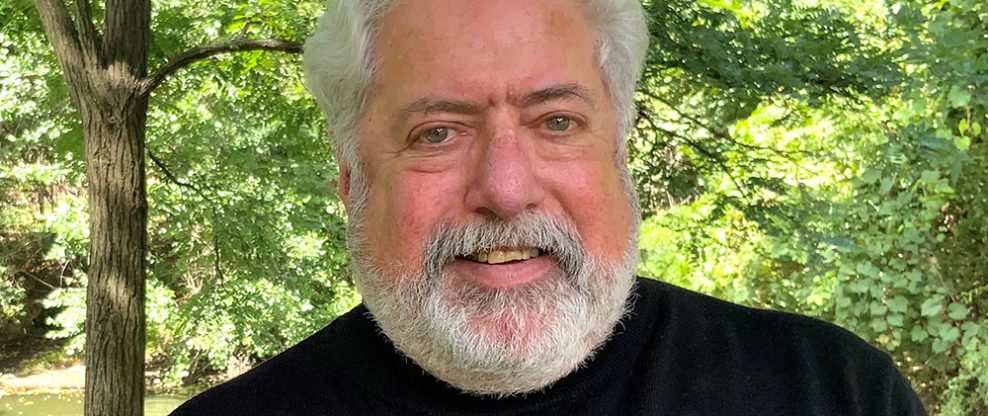For the average viewer or listener, most television news and radio broadcasts often seem indistinguishable, with shifts in programming going unnoticed rather than representing meaningful changes that reflect the realities of 2024. This trend can be termed “Holding on to Yesterday ,” as now is the moment to embrace the vibrant energy of this era—where innovative ideas aligned with the current landscape have a real chance to resonate, unlike prior times when media satisfaction was high.
Today, satisfaction levels are waning.
While a successful format may only need some adjustments, both music radio and television news are facing a broader decline. One might assume that those most vulnerable will gradually fade away, creating opportunities for exciting new players and ideas to captivate mainstream audiences.
Media has a considerable amount of catching up to do. This challenge extends beyond just AI and technology; it involves a complete overhaul of aesthetics and approaches. We are living in extraordinary times marked by information overload and stylistic saturation, leading to a uniformity that echoes outdated ideologies instead of embracing the boldness required to shape the future. Often, we encounter a reliance on catchy slogans rather than substantive changes, which can feel misleading: “More variety!”—yet it’s essentially the same playlist, just rebranded. Likewise, television news clings to buzzwords and flashy “Breaking News” alerts, attempting to present a fresh image. The audience is discerning, and this strategy only contributes to the noise, with few truly standing apart in a landscape dominated by outdated styles.
A major issue lies in prioritizing technology while programming and marketing design should be equally important. The true magic happens when advancements in both style and technology go hand in hand.
Transitioning to digital is inevitable, but often the programming remains stuck in the past; it doesn’t become modern simply because it’s on a digital platform. I suspect CNN will continue its digital focus, but it’s likely they’ll carry over the same faces and style to the digital realm, expecting different outcomes—much like a poor record doesn’t become a good one just because it’s played on an upscale sound system.
Frequently, claims of evolving programming amount to superficial fixes. I once worked at a newspaper company that thought changing the font on its business page would save them from decline. If a media outlet were genuinely modernizing its content, it would be widely recognized. Instead, we mostly hear about technological advancements that streamline output. While true, when was the last time someone enthusiastically praised the content from a screen or speaker? The reality is that few are tackling the programming challenges of 2024, opting for barely noticeable solutions.
This is what we refer to as media art, where commerce thrives on stunning innovation and evolution, powered by new technology. It’s a perspective that presents several challenges:
**Creative by Committee:** Big ideas often become diluted in the pursuit of corporate consensus.
**Fear:** The age-old worry of “what if it fails” stifles progress, particularly in an industry in decline. Some individuals may hesitate to disrupt their current financial success.
**Researching What’s Next:** While focusing on current trends can effectively assess the present state, it doesn’t always reveal new opportunities. The balance between art and science is essential, where data informs but does not dictate.
**Training:** Implementing concept training is vital. One cannot expect staff to adapt to changes without comprehensive preparation and a clear, teachable framework.
**Arrogance:** This mindset can hinder innovation and progress.
**Liberation:** There are many stars out there, and great leadership can empower them to do their best work. Each day, I speak with individuals stifled by outdated concepts in media companies. This is pervasive and signifies missed opportunities rather than a space for creating modern brilliance.
The past holds cherished memories, but the thrill lies in the excitement of discovering new ideas. They are out there, but will the system allow them to thrive?





























